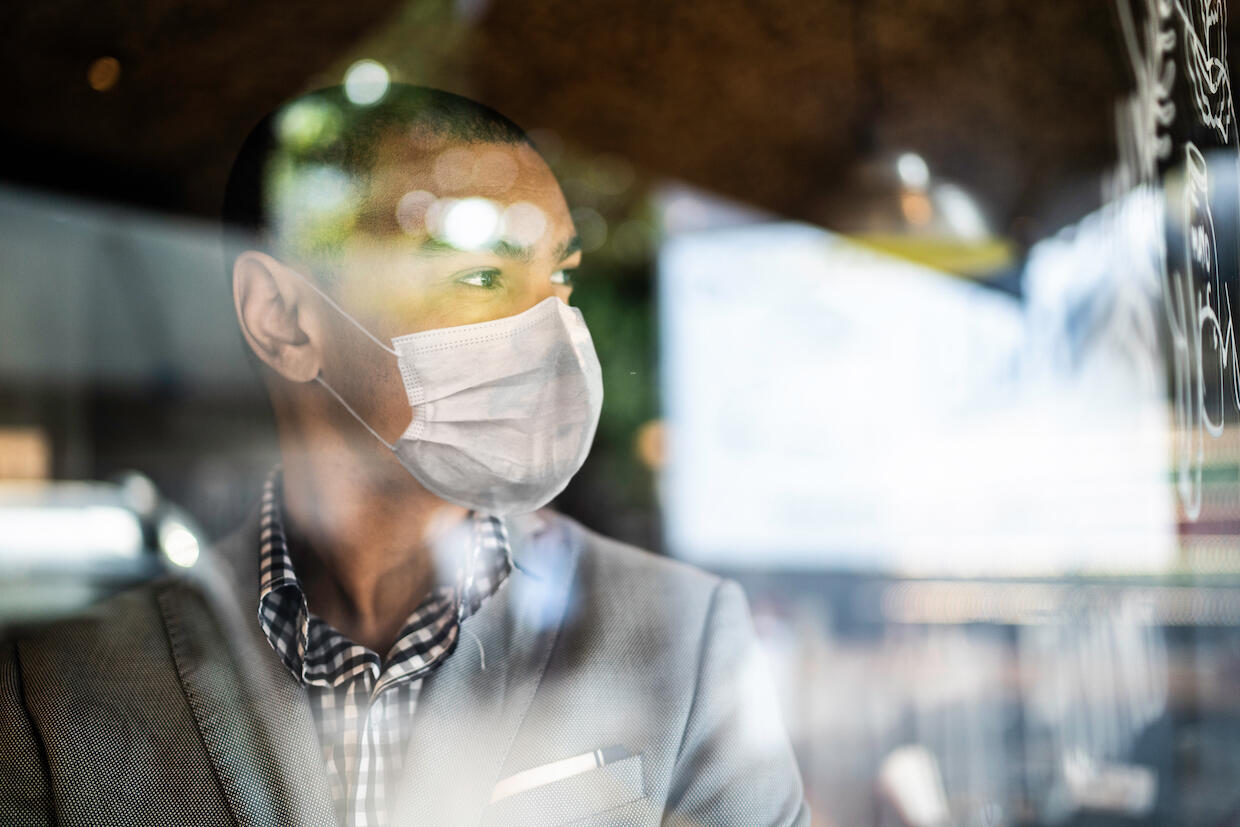
July 7, 2021
Racial and ethnic minorities experience disproportionate economic impacts of COVID-19
Share this story
The economic impacts of COVID-19 vary significantly based on race and ethnicity. While the majority of adults in Virginia reported that no one in their household experienced personal financial hardship in the past three months due to the pandemic, African Americans (30%) were twice as likely to report having a member of their household lose a job, be placed on furlough, or have their work pay or hours reduced compared to white (15%) respondents. Asian and Hispanic respondents reported these events almost as frequently as African Americans (26% and 23% respectively), according to the new statewide vaccine poll conducted for the Virginia Department of Emergency Management by the Research Institute for Social Equity at the L. Douglas Wilder School of Government and Public Affairs at Virginia Commonwealth University.
"The consistent differences found in communities of color show a factual divide. There is a need to improve upon the impact of race and fairness in government at the state and local levels. This poll shows how race and its relativity to education, health and employment to government needs to be addressed on a continuing basis," said former Gov. L. Douglas Wilder.
Households with income under $50,000 were most likely to have a member experiencing either job or pay loss as a result of COVID-19. Almost one-third of these households reported this experience (30%) versus 11% of households making $50,000 to $100,000, and 17% of households making $100,000 or more per year.
Respondents who indicated problems paying for food were most likely to live in south central (10%) or western (8%) parts of the state. They were also most likely to be African American (15%), Hispanic (11%) or Asian (10%).
Returning to in-person work
Fifty-four percent of employed respondents who previously teleworked are back at work in person in Virginia. There are several strong motivators for getting Virginians back to work in person:
- Allowing flexible work hours for employees to facilitate social distancing (75%)
- Providing flexible work arrangements for employees who are caregivers (75%)
- Requiring a 14-day quarantine for employees who get COVID-19 (74%)
African American (88%) and Hispanic (89%) respondents are most likely to return to in-person work if flexible work arrangements are offered.
Support for universities to require student vaccination
A majority (61%) of Virginians in the poll support universities and colleges requiring their students to be vaccinated for COVID-19 before returning to campus in the fall.
More than twice as many residents from northwest Virginia (38%) oppose this requirement compared to residents from Northern Virginia (17%). Political affiliation also influences whether someone is in support or opposition to this requirement: 49% of Republicans oppose this requirement, compared to 10% of Democrats. Lastly, vaccine hesitancy significantly influences whether someone opposes this requirement: 79% of those who are not likely to get the COVID-19 vaccine oppose colleges and universities requiring their students to be vaccinated in order to return to campus.
For the full poll results and analysis, visit https://oppo.vcu.edu/policy-poll/.
Subscribe to VCU News
Subscribe to VCU News at newsletter.vcu.edu and receive a selection of stories, videos, photos, news clips and event listings in your inbox.







